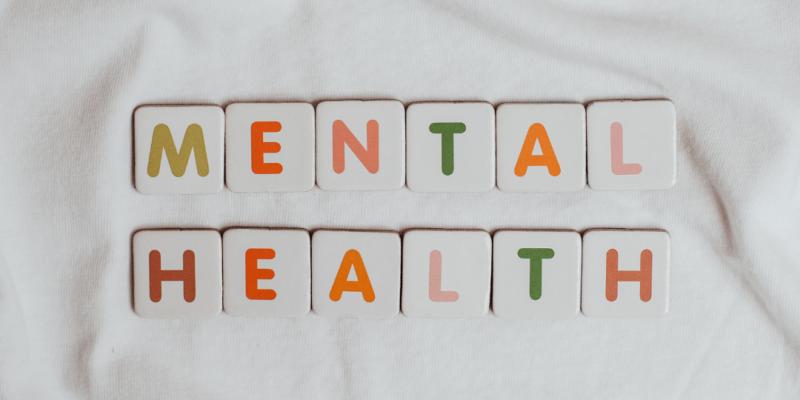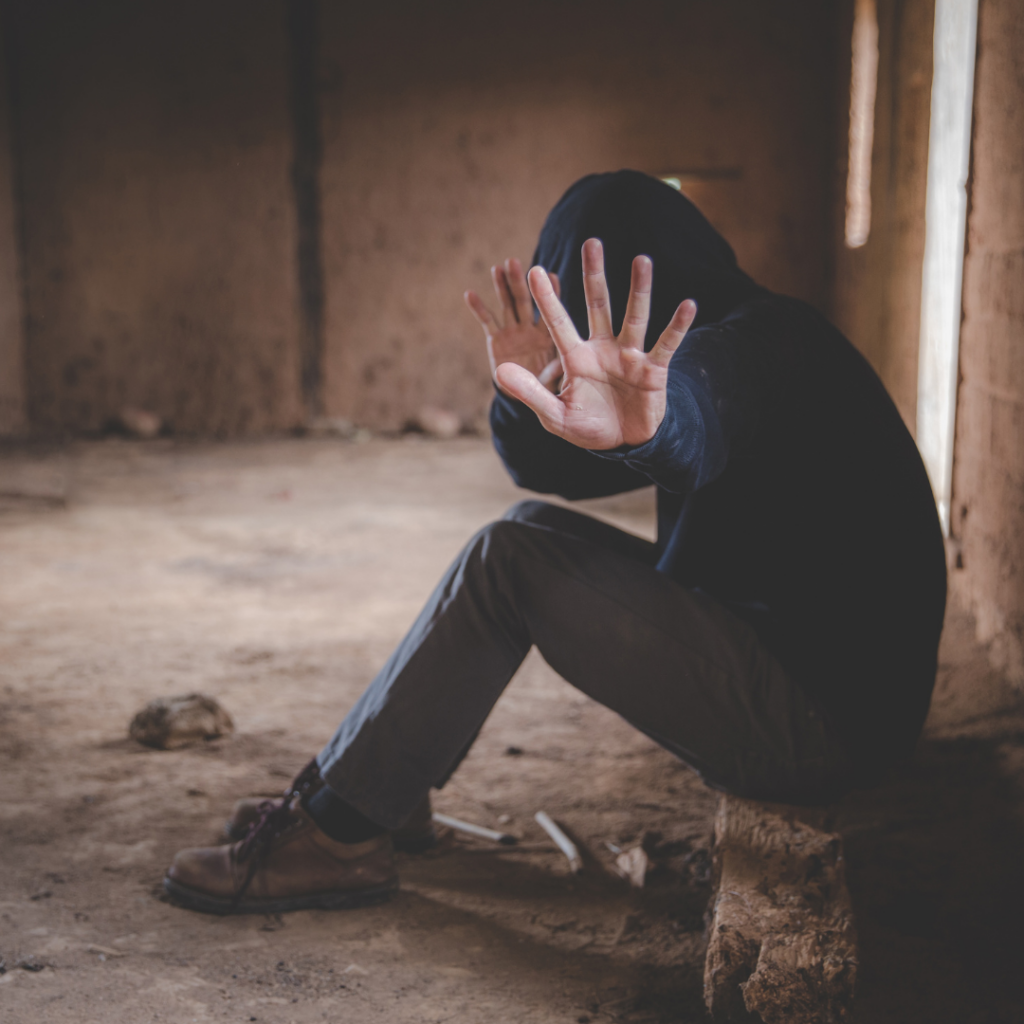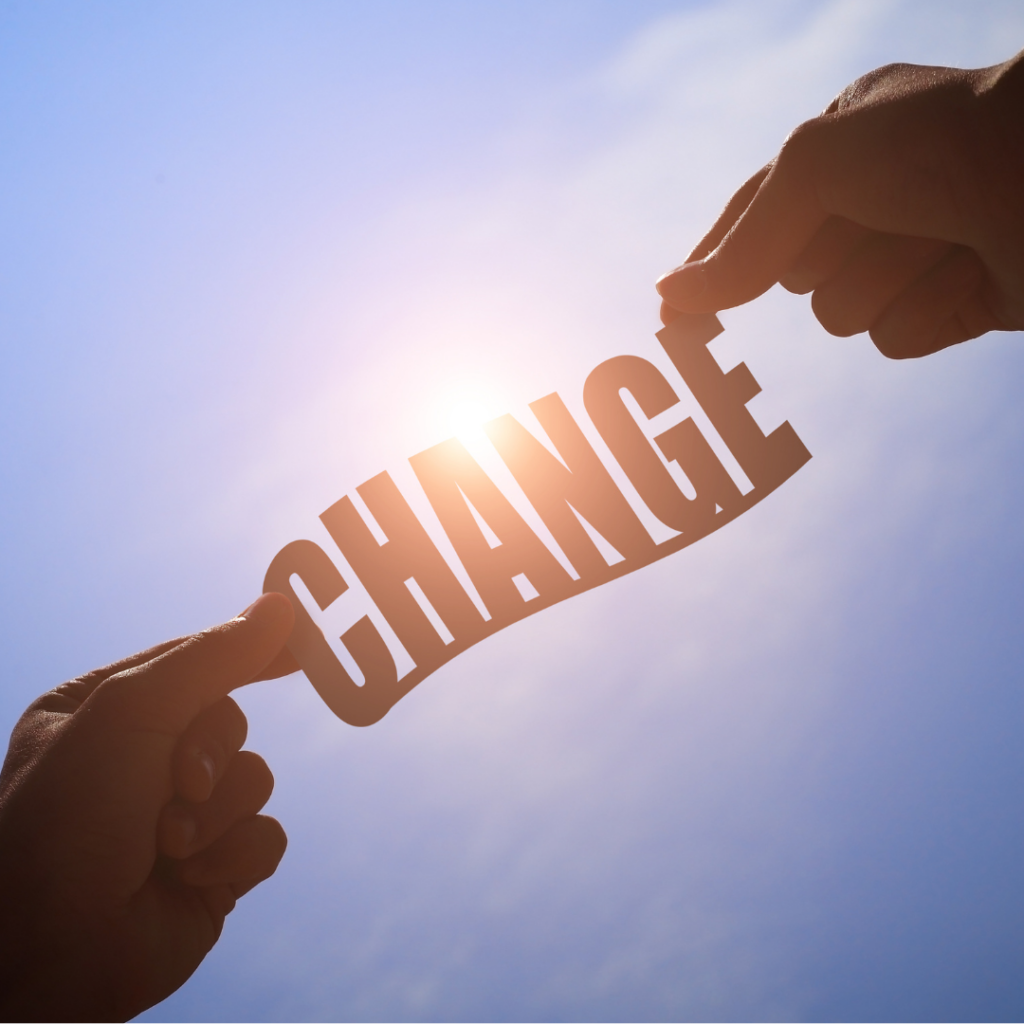Your Full Recovery Potential Unlocked with One Click
The road to recovery from substance use disorder is both inspiring and challenging. For those embarking on this transformative journey, preventing relapse is a key concern. Fortunately, the My Mental Health Full Recovery App emerges as a beacon of hope, offering a comprehensive toolkit to guide users towards abundant sobriety. In this blog, we’ll explore the instrumental role that the app plays in empowering individuals to overcome triggers, maintain a life of purpose, and wellness.

Addressing Triggers and Challenges
Recognizing triggers that could lead to relapse is crucial. The My Mental Health Full Recovery app equips users with an array of coping strategies, tools, and resources designed to confront these triggers head-on. By providing techniques to manage stress, navigate challenges, and handle emotional turmoil, the app empowers users to forge ahead on their path to recovery.

Building Connections and Support
Isolation can be a formidable barrier to recovery. The My Mental Health app counters this by fostering a sense of community and connection. Users can engage with a supportive network of individuals who share similar experiences and challenges. This sense of belonging helps combat feelings of loneliness, reinforcing the importance of reaching out for help when needed.

Dual Approach: Substance Use Disorder and Mental Health
Understanding the intricate link between substance use disorder and underlying mental health issues is pivotal. The My Mental Health app recognizes this connection and provides resources that address both aspects of an individual’s well-being. By offering, FDA and VA approved self-directed assessments and tools to manage co-occurring mental health challenges, the app provides a holistic approach to recovery that sets the stage for lasting success.

Breaking Monotony and Cultivating Purpose
Boredom and routine can be triggers for relapse, leading individuals to yearn for the excitement that substances once provided. My Mental Health app tackles this challenge by infusing users’ lives with purpose and engagement. Through a range of activities, challenges, and goal-setting features, the app helps users break free from monotony and establish a new sense of purpose in their sobriety. Discovering what makes you tick, the reasons for poor decision making in the past, and designing a new empowering roadmap for the future is all part of an abundant Full Recovery.

Continuous Vigilance and Growth
Overconfidence and complacency are pitfalls that could pave the way for relapse. My Mental Health app serves as a constant reminder of the journey’s significance and the commitment to sobriety. By maintaining regular engagement with the app, users reinforce the importance of staying connected to their resources and support systems, fostering a sense of accountability and vigilance. Learning to rewrite the software in our minds to recognize mor empowering reward systems than drugs and alcohol is an exciting and rewarding process.

Forging a Path to Abundant Sobriety
My Mental Health app’s role in promoting abundant sobriety is undeniable. By addressing triggers, building connections, offering a dual approach to recovery, breaking monotony, and encouraging vigilance, the app empowers individuals to overcome obstacles on their path to recovery. It transforms the notion of relapse from an inevitability to an opportunity for growth, empowerment, and a brighter future free from the constraints of substances. With My Mental Health app, users aren’t just navigating recovery; they’re embracing a life of purpose, connection, and wellness. It’s a reminder that the journey to abundant sobriety is one marked by strength, resilience, and the unwavering support of a dedicated companion—the My Mental Health App.
Unlock Your Abundant Sobriety
Reach Your Full Potential in Recovery Now
My Mental Health – Recovery Resources for Substance Abuse Disorder and PTSD.



















